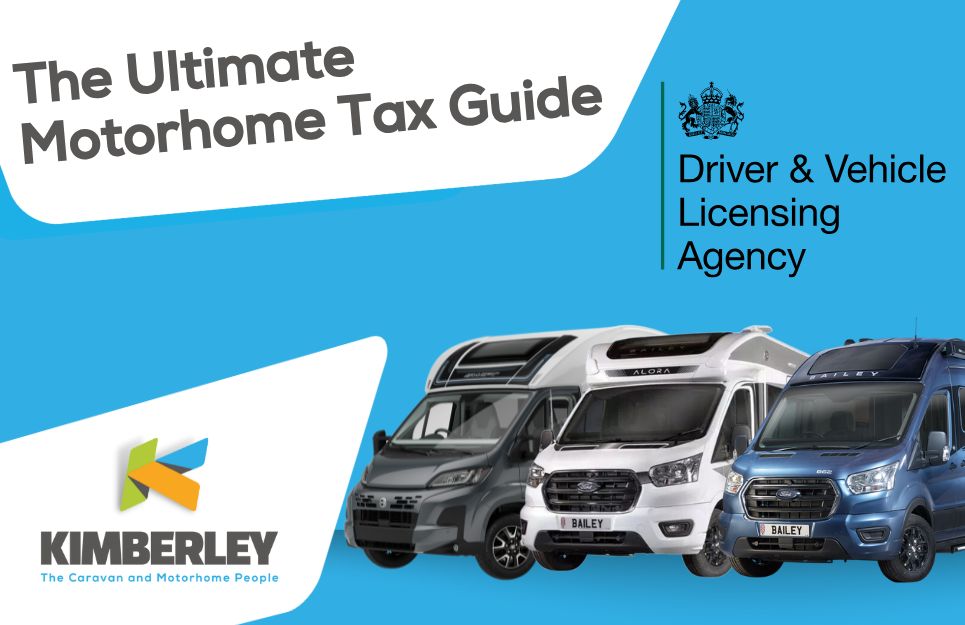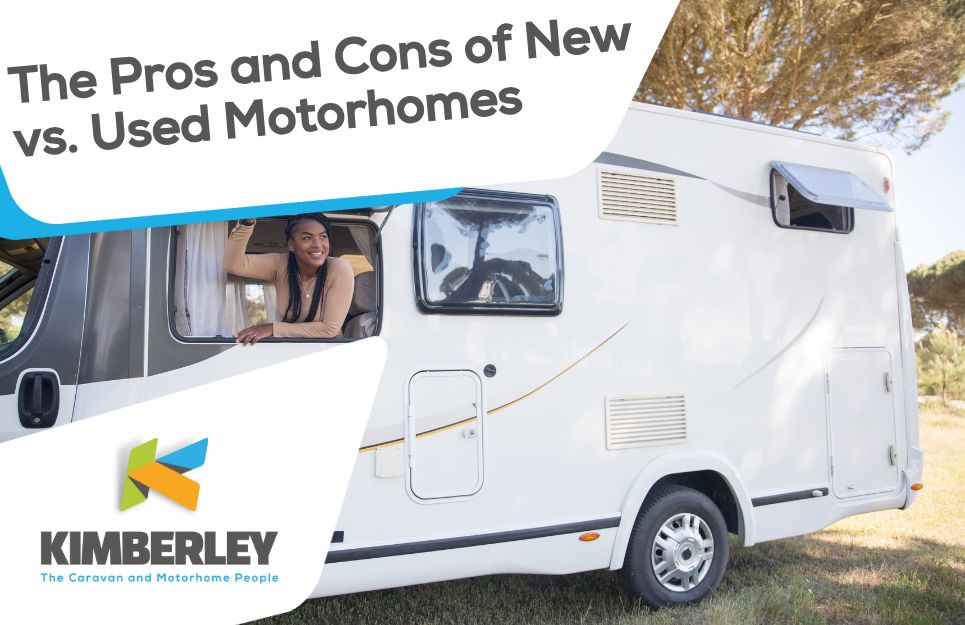
Owning a motorhome in the UK offers the freedom to explore the countryside at your leisure. However, it's essential to understand the associated costs, particularly when it comes to Vehicle Excise Duty (VED), commonly known as road tax. This guide will help you navigate the complexities of motorhome taxation, ensuring you're well-informed about the financial commitments involved.
Motorhomes are categorized for taxation purposes based on their weight, engine size, and registration date. The primary classifications include:
Motorhomes with a maximum weight of 3,500kg or less fall into this category.
Engine Size Up to 1549cc: Annual tax is £200.
Engine Size Over 1549cc: Annual tax is £325.
Motorhomes Registered Before 1 April 2017
For motorhomes first registered before 1 April 2017 up to 3,500kg, the VED rates are:
Engine Size Up to 1,549cc: Annual tax is £170.
Engine Size Over 1,549cc: Annual tax is £280.
Motorhomes exceeding 3,500kg are classified as PHGV.
A flat annual rate of £165 applies.
Certain motorhomes may qualify for specific tax rates or exemptions:
Vehicles manufactured more than 40 years ago are exempt from paying road tax. However, owners must apply for this exemption to benefit from it.
Euro 4: Motorhomes registered between 1 March 2003 and 31 December 2006, with a weight under 3,500kg, benefit from a reduced annual tax rate of £140.
Euro 5: Motorhomes registered between 1 January 2009 and 31 December 2010, also under 3,500kg, are eligible for the same £140 annual rate.
If you are a disabled driver or use your motorhome to transport a disabled person, you could qualify for a partial reduction or full exemption from road tax payments. It's advisable to check your eligibility before making any claims.
Paying your motorhome's road tax is straightforward:
Ensure you have your vehicle logbook (V5C) and a valid MOT certificate if applicable.
The method you choose to pay your road tax can influence the total amount due:
Understanding the nuances of motorhome taxation in the UK is crucial for budgeting and compliance. Tax rates vary based on factors like weight, engine size, and registration date. Staying informed about these classifications and any recent changes will help you manage your motorhome expenses effectively.
If you're considering purchasing a motorhome or upgrading your current one, explore our extensive range of motorhomes to find the perfect fit for your adventures.
Vehicle Excise Duty (VED), also known as road tax, is an annual tax that must be paid for most vehicles used or parked on public roads in the UK. The amount of VED depends on various factors, including the vehicle's weight, engine size, and emissions.
If your motorhome is not being used on public roads, you must declare it as off the road by registering a Statutory Off Road Notification (SORN) with the DVLA. This exempts you from paying road tax while the vehicle remains untaxed and off-road. However, once you decide to use the vehicle on public roads again, you must tax it accordingly.
Currently, there are no specific discounts for motorhome road tax. However, some vehicles may qualify for reduced rates based on their emissions standards or other criteria. It's recommended to check the latest information on the GOV.UK website or consult with the DVLA for any updates or changes.
To determine if your motorhome qualifies for reduced tax rates due to emissions, you'll need to check its emissions standard, which can be found in the vehicle's documentation or by contacting the manufacturer. Vehicles that meet higher emissions standards, such as Euro 4 or Euro 5, may be eligible for reduced tax rates. For detailed information, refer to the GOV.UK website.
Motorhome road tax is an annual fee that must be renewed each year. You can choose to pay it in full for the year, or opt for monthly or six-monthly payments through direct debit.
To tax your motorhome, you'll need:
The vehicle's logbook (V5C).
The new keeper's slip if you've just purchased the motorhome.
A reminder letter from the DVLA, if available.
 01/05/2025
01/05/2025
So, you’ve heard the name Coachman floating around in caravan circles—probably with words like “well-built,” “top-end,” or even “posh” attached. But are they actually any good? Worth the price tag? Built to last? Or are you just paying extra for a shiny badge and a soft-close drawer?
Let’s not waffle—here’s what you really need to know.
 01/05/2025
01/05/2025
So, you’re thinking about buying a caravan—and someone’s probably mentioned Swift. Maybe more than once. It’s not surprising; Swift’s one of the biggest names in the game here in the UK. But the question’s still hanging in the air: Are Swift caravans actually any good? Not just shiny on a forecourt, but good for real-life touring, year after year?
Let’s break it down.
 25/04/2025
25/04/2025
When it comes to motorhomes, new models offer several advantages, including a manufacturer’s warranty, the latest technology, and modern features. With fewer immediate maintenance concerns, they provide a secure option for those looking for a hassle-free experience with advanced safety systems and energy-efficient amenities.
However, used motorhomes offer an attractive financial advantage. They come at a lower price point and avoid the steep depreciation that new motorhomes experience. While they may require more upkeep, a well-maintained used motorhome can still provide years of enjoyment at a great value.